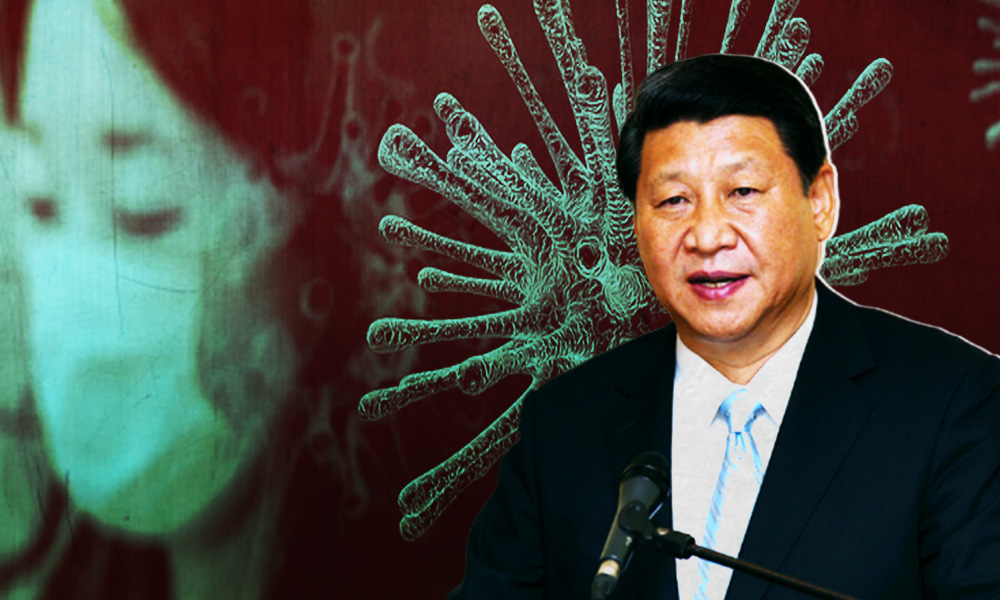
China Imposes Restrictions On Publication Of Research On Origin Of COVID-19
13 April 2020 12:52 PM GMT | Updated 13 April 2020 2:31 PM GMT
Editor : Shweta Kothari |
A broadcast turned digital journalist, Shweta Kothari heads the newsroom at The Logical Indian. She has previously worked with CNBC and NewsX as a news anchor and senior correspondent. Shweta holds a masters degree in journalism from the university of Sussex, UK and started her career with work placement with BBC in Scotland.
By : Sumanti Sen
Sumanti Sen is an English Literature graduate who believes "there's just one kind of folks. Folks.".
Studies on the virus' origin will be closely scrutinised and must be approved by central government officials.
A central government directive and online notices published by two Chinese universities have revealed that China has imposed restrictions on the publication of academic research on the origins of coronavirus. The posts have been removed from the web since then, CNN reported.
The new policy says that before being submitted for publication, all academic papers on Covid-19 will be subject to extra vetting. Studies on the virus' origin will be closely scrutinised and must be approved by central government officials.
A medical expert in Hong Kong, who published a clinical analysis of COVID-19 cases in an international medical journal in collaboration with mainland researchers has claimed that his work did not have to go through such scrutiny in February.
Various COVID-19 studies have been published in influential international medical journals by Chinese researchers since late January. Certain findings about early COVID-19 cases have raised concerns and questions over the official government account of the outbreak. These have also sparked outrage on Chinese social media. The findings include facts such as when human-to-human transition first appeared.
"I think it is a coordinated effort from (the) Chinese government to control (the) narrative, and paint it as if the outbreak did not originate in China," a researcher told CNN. "And I don't think they will really tolerate any objective study to investigate the origination of this disease," CNN quoted a Chinese researcher as saying on the condition of anonymity due to fear of retaliation.
As per the directive issued by the Ministry of Education's science and technology department, "academic papers about tracing the origin of the virus must be strictly and tightly managed."
These papers will first have to be approved by the academic committees at universities, and are then to be sent to the Education Ministry's science and technology department. It will then be forwarded to a task force under the State Council for vetting.
The papers can be submitted to journals only after the universities hear back from the task force.
Based on factors like the "academic value" of the study, and whether the "timing for publishing" is correct, other papers on coronavirus will be vetted by universities' academic committees.
The directive is based on instructions that were issued during a meeting on the prevention and control of COVID-19 that the State Council's task force held on March 25.
David Hui Shu-cheong, a respiratory medicine expert at the Chinese University of Hong Kong, said that when he and a team of mainland Chinese researchers published a clinical analysis of COVID-19 cases in the New England Journal of Medicine in February, they encountered no additional vetting.
"I don't know if it is because some researchers published something that is considered sensitive domestically in China. (I'm) not sure if it is because of the controversy about the origin of the virus later, and the non-sensitive stuff becomes sensitive too," he said.
Also Read: WHO Director Faces Calls To Quit For Taking China's 'Large-Scale COVID-19 Cover-Up' At Face Value
 All section
All section














